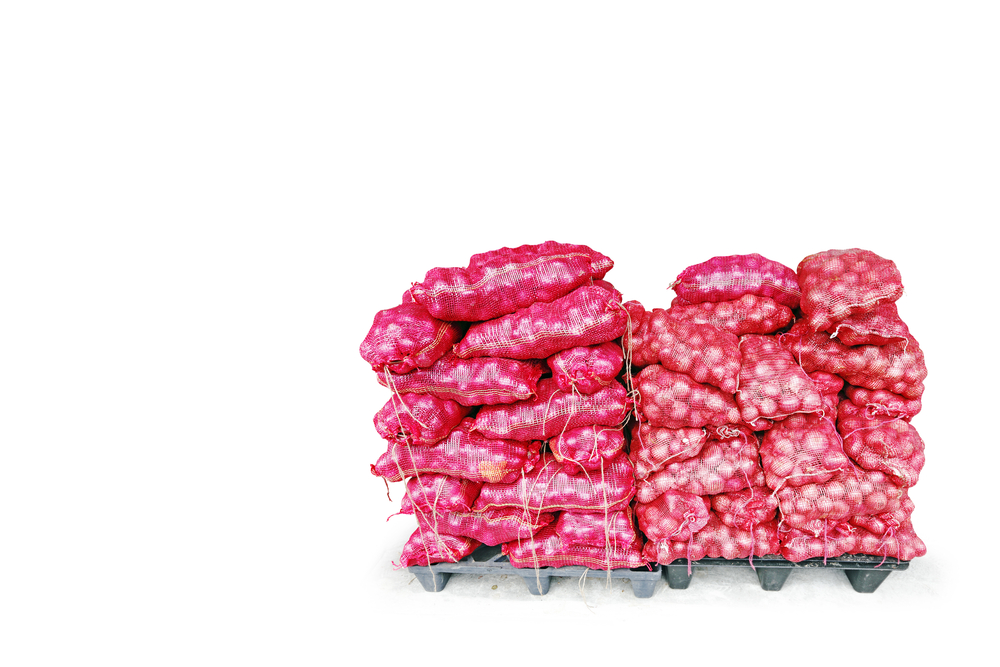
Customs and Border Protection (CBP) officials in Philadelphia have developed some innovative partnerships and processes to reduce the damage of pests on perishable produce coming into the United States.
According to the U.S. Department of Agriculture, invasive species cause $138 billion annually in economic and environmental losses for America’s agriculture industry.
CBP officials at the Area Port of Philadelphia, which covers 1,150 square miles from Philadelphia to Wilmington, Del., have developed innovative methods to efficiently clear cargo. This involves collaborating with industry partners, including importers, shippers, terminal operators, shipping lines, customs brokers, and the USDA, to review import permits, foreign government certifications, and invoices to ensure that products meet import requirements.
As a result, they are able to discover and eliminate hundreds of pests per day from produce.
Each week, more than 27 million bunches of bananas and 6 million pineapples arrive into the Area Port of Philadelphia to be distributed across the country. The port also handles imports of citrus from Morocco and Spain; grapes from Peru and Chile; and plums, peaches, nectarines, and apricots from Chile; apples from New Zealand; citrus from Chile and South Africa; avocado and citrus from Peru; and corn and soybean seeds from Chile and Argentina.
These massive shipments are handled and cleared primarily by CBP agriculture specialists. CBP officials in Philadelphia and Wilmington clear more than 73,000 cargo shipments per year of agricultural commodities. Agriculture specialists search through thousands of shipments of fruit each day, looking for the tiniest of insects.
Tens of thousands of these pests are intercepted by CBP agriculture specialists every year.
“Customs and Border Protection agriculture specialists at the Port of Philadelphia and the Port of Wilmington are the first line of defense against destructive pests entering the United States,” Casey Owen Durst, CBP’s field operations director in Baltimore, said. “The amount of dedication, hard work, and attention to detail is just another example of the unwavering commitment by CBP to keeping our country safe.”
On a typical day last year, CBP agriculture specialists discovered 352 pests at U.S. ports of entry and 4,638 materials for quarantine.
“The tremendous effort by our Customs and Border Protection agriculture specialists directly influences our everyday lives by keeping destructive pests and other threats out of our country, which in turn allows consumers to enjoy these imports,” Joseph Martella, CBP port director for the Area Port of Philadelphia, said. “It is imperative to identify and stop pests and diseases at the border before they can be spread elsewhere.”




